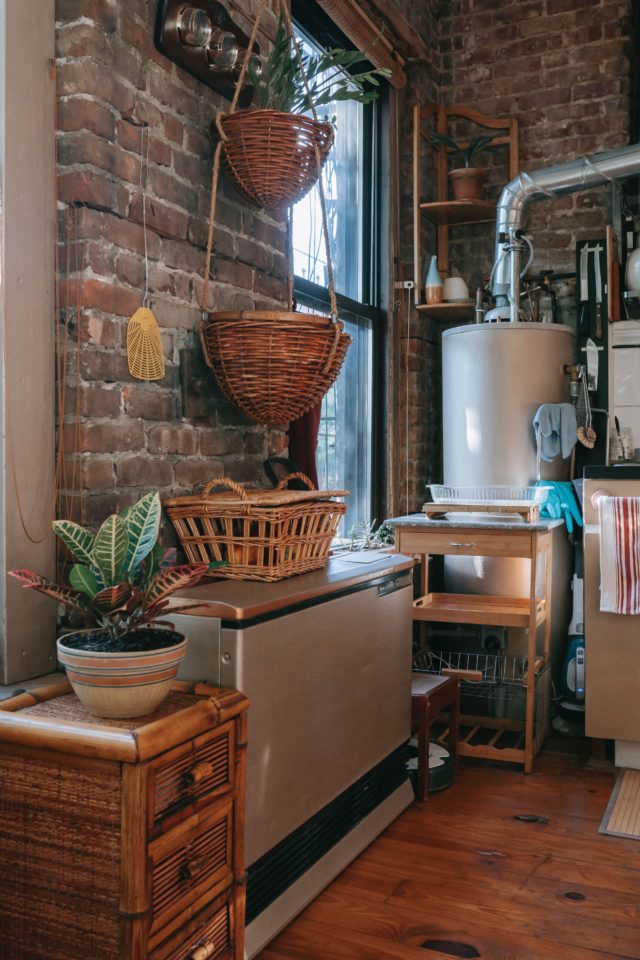How to Choose the Right Boiler for Your Home
Boilers are a common system for keeping homes warm during the winter. However, not all boilers are the same. Boilers can run on various types of fuel and can transmit heat using different methods. When choosing a new boiler, it can be hard to determine which factors are the most important to consider, especially with so many options. Knowing what to look for will make choosing a boiler much easier.
Type of Fuel
The quickest way to narrow down your choice for a boiler is to determine what fuel source your current home boiler system uses. Boilers most commonly use natural gas. If you know that your boiler contributes to your monthly gas bill, or that you have a gas line from the utility company running to your boiler, your system likely runs on natural gas.
If your boiler does not operate with gas, it likely runs on propane. If you have a propane tank on your property that connects to the boiler, you have a propane-fueled system.
However, if you do not recognize any of these signs, you may have an oil boiler. If this is the case, you should see an oil tank somewhere on your property. Unlike the other two types, your boiler will also have a unique burner on the front.
Water or Steam
 The second key factor to consider in searching for a new boiler is whether you currently have a water or steam system. In the Northeast US, steam systems are generally more common. To tell the difference, you can often look at your radiators. A steam system radiator will have a small valve on the side that acts as an air vent to relieve pressure. These valves will sometimes hiss.
The second key factor to consider in searching for a new boiler is whether you currently have a water or steam system. In the Northeast US, steam systems are generally more common. To tell the difference, you can often look at your radiators. A steam system radiator will have a small valve on the side that acts as an air vent to relieve pressure. These valves will sometimes hiss.
If you are having difficulty determining how your system currently operates, a trained technician can help you classify your current system and find replacement options.
Boiler Size and Space
When choosing a new boiler for your home, you should not underestimate the importance of the size of the boiler. A boiler that is too large for your home will waste fuel and cost more to operate, while a boiler that is too small may not adequately heat your home. Consider your current boiler size and the amount of space to heat inside your home.
Additionally, your boiler should match the specifications of your home. For example, boilers need to be correctly vented. Some can be vented into a chimney, while others must be vented through PVC or other materials. How your current venting system is set up will play a significant role in determining your options.
Boiler Efficiency
After you have narrowed down the necessary specifications for your boiler, you should consider the annual fuel utilization efficiency (AFUE) rating. An efficient boiler will maximize its heat output and minimize fuel usage, lowering your utility costs.
Typically, a boiler rated at 85% or more is classified as a high-efficiency boiler. Oil boilers range between 80% and 90%, while gas boilers range between 89% and 98% and condensing boilers reach above 95%. Another sign of an efficient boiler is Energy Star certification, which declares that the system meets guidelines set by the Environmental Protection Agency.
Of course, however, these options will depend on the specifications and limits of your home. Consult with a professional to determine which options are realistic for your home and how you can balance efficiency with practicality.
To learn more about how to choose a new boiler, and for any help in the process, contact us at Price’s Plumbing in Mt. Laurel Township, NJ, by giving us a call at 856-325-9719. We are experienced in installing and maintaining a wide variety of heating and air conditioning systems, including boilers. We are happy to help you find the right equipment for your home.
